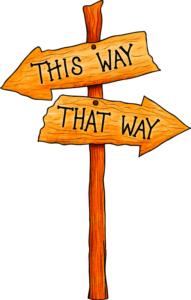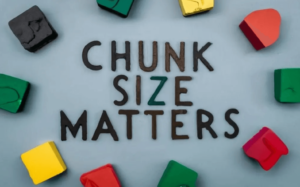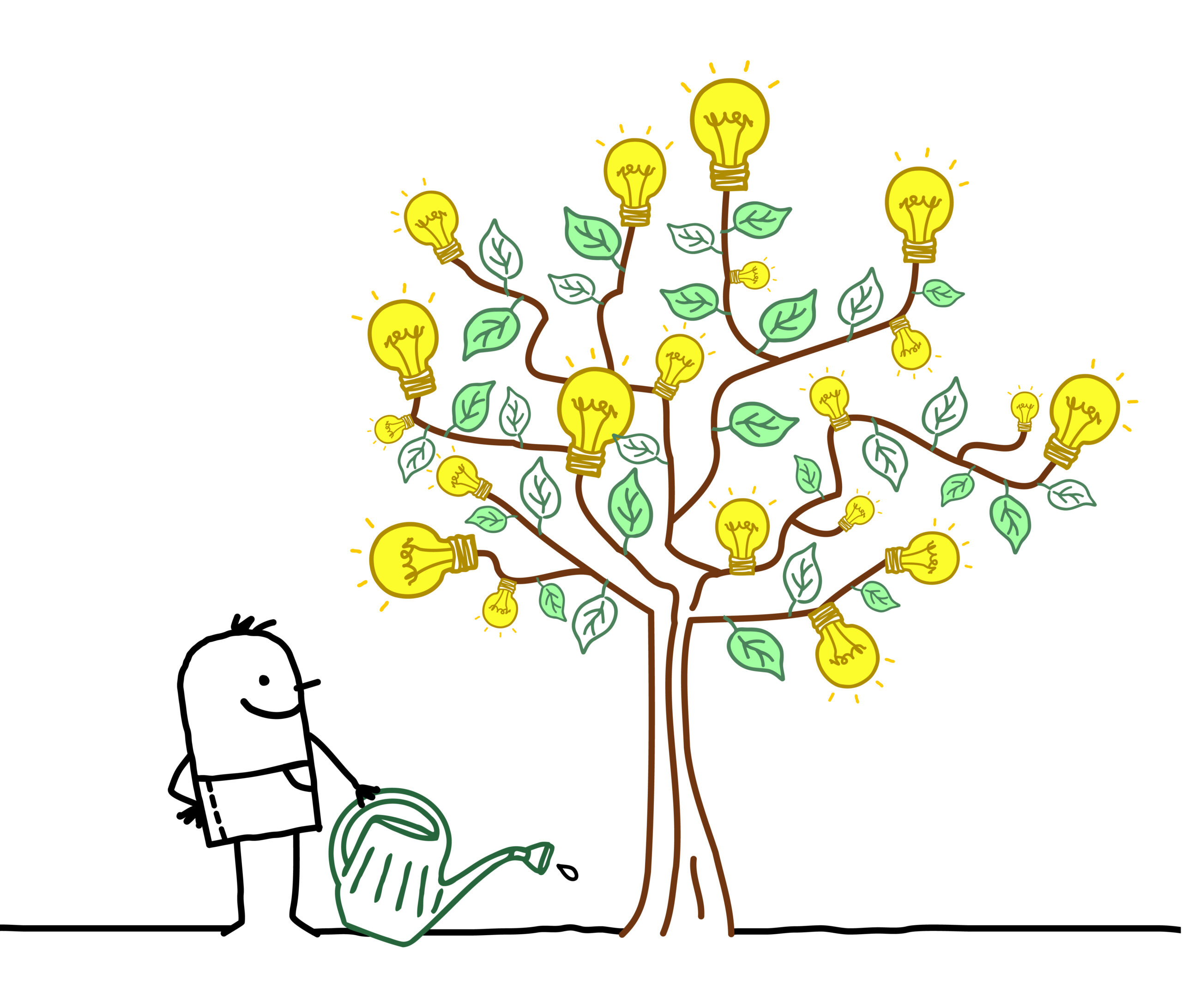It’s the night before your music essay is due in and you haven’t started it yet. You have left a couple of hours to do this activity, but you feel a bit pressured….and tired. Your science coursework was due in so you were up late last night finishing it off and on top of that you’ve had a busy day at college. Let’s face it we’ve all been there!
You haven’t been getting brilliant marks for your music essays and you are dreading the revision that you are going to have to do for the exam. Every time you think about revision you feel stressed….nothing seems to stick……so you try not to think about it…..
On the edge of your awareness you imagine a HUGE input of time and effort to get where you need to be and don’t know where you are going to find the time or the motivation.
How about if I were to tell you that you could still spend two hours writing this essay, get a much better grade and ……. AND make a head start on that dreaded revision.
The answer is what I call three “touches” (or “sittings”). This approach is really good if you are struggling with motivation. Here goes: if someone told me that I have to sit down and write an essay from scratch ready to hand in I wouldn’t feel massively motivated especially If I am trying to improve my grade. That feels like an awful lot to achieve in just one sitting.
If someone told me that today I am going to plan the essay, tomorrow I am going to do a “rough” first draft and the day after that I am going to read through that draft and tidy it up – 3 “touches” – I feel much more motivated.
Although time-wise my three “touches” might be roughly the same as one, the result is much more likely to be:
a) a better essay and
b) the subject matter is much more likely to “stick”.
Here’s a radical thought:
I should practise for the written paper more like I practise my instrument.
You know that if you practise your instrument once a week before your lesson the result is….questionable? If you don’t “touch” your work for the written paper more than once between lessons the result is likely to be the same.
Better to touch base with your homework for the written paper immediately after your lesson or immediately before? Discuss!
I am definitely in the camp of immediately AFTER your lesson because:
- everything will be fresh in your mind so..
- it will reinforce the lesson. It will also leave time for you to….
- re-visit something should you need to.
If you are going to get a top grade in the written paper there will be things, there SHOULD be things, that you need to re-visit, think through or double check.
Top grades require a change in approach.

If you don’t change direction, you may end up where you are heading!
Here, it seems like an appropriate moment to refer back to a point I made in the first blog: https://alevelmusicteacher.com/hello-and-welcome-students-1/
I say to my students that I am no brighter or able than they are. Do they think I “revise” the night before I teach a lesson?? ……..I am able to teach a given topic and explain things only because I really know it. Because I too have had to take the hundreds (….thousands) of tiny steps [read “touches”] required to get my head around whatever topic it is.
So, your teacher knows the information because there are a whole load of things that they have “re-visited, thought through and double checked” (to quote myself) in order to teach a topic.
When you keep touching base with something like this it sticks. And when something sticks, it doesn’t need so much, if any, revising!
I’m sure a neuroscientist would be able to name and explain the phenomenon whereby re-visiting something in several short “chunks” of time (very scientific) as opposed to one elongated “chunk” (….what?) is much more beneficial for our progress. I think we need another visual aid:

While we are talking about brains and chunks, think learning to talk when we are babies or an Olympic gymnast developing the muscle memory to perfect that move that is going to get them the gold medal. Both successful because of lots of “touches” or “chunks”. I’m going to get scientific again: I know that when I work in this way myself, I feel that between “touches” my brain sort of “shakes things down” and “slots things into place”. Seemingly with little effort I develop a clarity about things. It helps those things “stick”.
Logically, if you want to become an Olympic-standard essay writer something needs to change. Agreed? I would suggest that the easiest thing to change would be your approach. To do otherwise…..well…..I’ll leave you with the following thought:
The definition of insanity is doing the same thing over and over and expecting different results.
